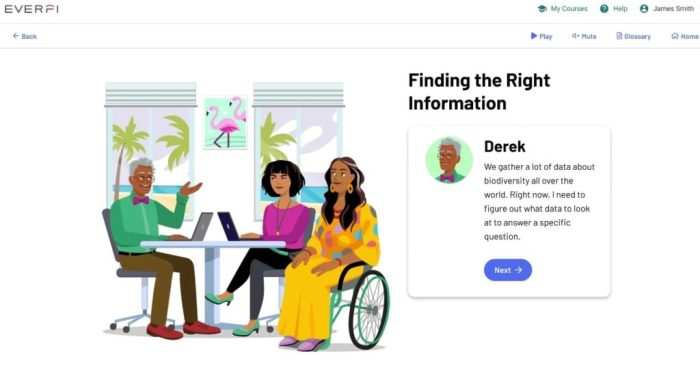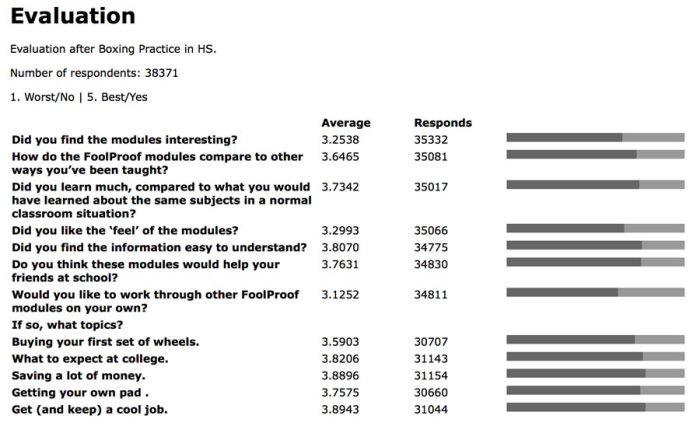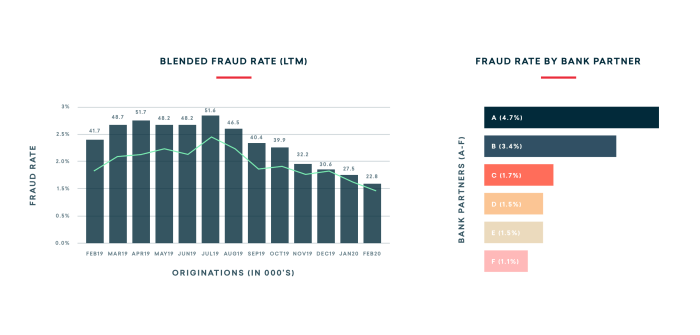Reporting and acting on data everfi answers – In the era of data-driven decision-making, reporting and acting on data have become indispensable for organizations seeking to thrive in an increasingly competitive landscape. This comprehensive guide provides a thorough exploration of the principles and practices involved in harnessing the power of data to drive informed actions and achieve optimal outcomes.
Through an in-depth examination of data reporting, data visualization, and data governance, this guide empowers readers with the knowledge and skills necessary to effectively translate raw data into actionable insights. By aligning data analysis with organizational goals and adhering to ethical considerations, organizations can unlock the full potential of data and make informed decisions that drive success.
Reporting Data
Reporting data is crucial for decision-making as it provides insights into the performance of an organization or system. Data reports present information in a structured and organized manner, enabling stakeholders to understand trends, patterns, and anomalies.
Types of Data Reports
- Operational Reports:Provide real-time or near-real-time data on day-to-day operations.
- Analytical Reports:Offer deeper insights into historical data, identifying trends and patterns.
- Predictive Reports:Use statistical models to forecast future outcomes based on historical data.
Effective Data Reporting Practices
- Clear and Concise:Reports should be easy to understand and interpret.
- Relevant and Timely:Data should be relevant to the decision-making process and delivered when it is most needed.
- Visual and Engaging:Visualizations and graphics enhance comprehension and make reports more engaging.
Acting on Data

Translating data into actionable insights is crucial for data-driven decision-making. This involves identifying patterns, trends, and opportunities that can drive strategic actions.
Challenges in Acting on Data
- Data Overload:Organizations often have vast amounts of data, making it challenging to extract meaningful insights.
- Lack of Expertise:Interpreting data requires analytical skills and domain knowledge.
- Resistance to Change:Implementing data-driven decisions may face resistance from stakeholders.
Aligning Data Analysis with Organizational Goals
To ensure that data analysis aligns with organizational goals, it is essential to:
- Define Clear Objectives:Identify the specific business outcomes that data analysis aims to support.
- Prioritize Data Analysis Initiatives:Focus on projects that have the greatest potential impact on the organization.
- Communicate Results Effectively:Present insights in a way that is easily understood and actionable by stakeholders.
Data Visualization
Data visualization tools present data in visual formats, such as charts, graphs, and maps. They make data more accessible and easier to understand.
Benefits of Data Visualization
- Enhanced Comprehension:Visualizations simplify complex data and make it more intuitive to interpret.
- Identification of Trends and Patterns:Visualizations allow users to quickly identify patterns and trends in data.
- Improved Communication:Visualizations are an effective way to communicate data insights to stakeholders.
Effective Data Visualizations
- Choose the Right Chart Type:Select the chart type that best represents the data and the desired insights.
- Use Clear Labels and Legends:Ensure that the visualizations are easy to understand and interpret.
- Consider Color and Design:Use colors and design elements to enhance the effectiveness of the visualization.
Data Governance

Data governance ensures the quality, accuracy, and integrity of data. It establishes policies and procedures for data management.
Key Components of a Data Governance Framework, Reporting and acting on data everfi answers
- Data Ownership:Defining who is responsible for managing and maintaining data.
- Data Quality Standards:Establishing criteria for data accuracy, completeness, and timeliness.
- Data Security:Implementing measures to protect data from unauthorized access and breaches.
Benefits of Data Governance
- Improved Data Quality:Ensures that data is accurate, consistent, and reliable.
- Enhanced Data Security:Protects data from unauthorized access and breaches.
- Increased Data-Driven Decision-Making:Provides a foundation for making informed decisions based on high-quality data.
Ethical Considerations: Reporting And Acting On Data Everfi Answers

Data collection and analysis raise ethical concerns related to data privacy, security, and consent.
Data Privacy and Security
- Data Privacy:Organizations must respect individuals’ privacy and protect their personal data.
- Data Security:Implementing measures to protect data from unauthorized access, breaches, and misuse.
Informed Consent
Organizations should obtain informed consent from individuals before collecting and using their personal data. This includes providing clear information about how the data will be used and stored.
Essential FAQs
What are the key benefits of data reporting?
Data reporting provides valuable insights into organizational performance, enables informed decision-making, and facilitates effective communication of data-driven findings to stakeholders.
How can data visualization enhance data analysis?
Data visualization tools transform raw data into visual representations, making it easier to identify patterns, trends, and outliers, and communicate insights more effectively.
What are the ethical considerations associated with data collection and analysis?
Ethical considerations include ensuring data privacy and security, obtaining informed consent from individuals, and avoiding biased or discriminatory practices in data analysis.